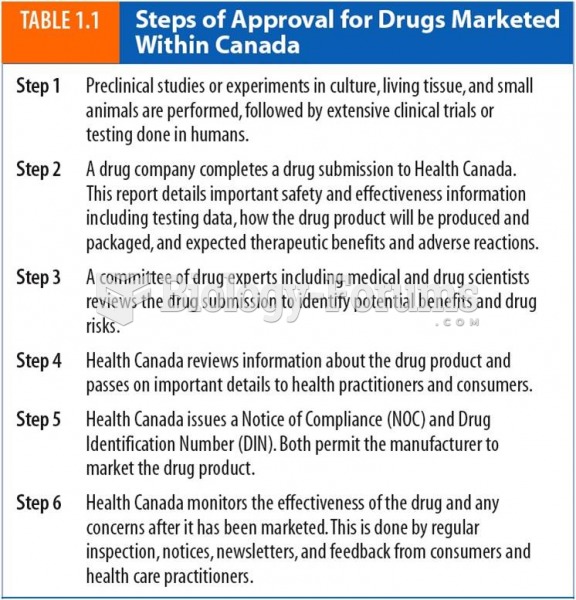Answer to Question 1
A power failure or other problem can occur at any time. Should this happen, you may lose all current computer work that has not been saved to your hard disk. If you routinely back up documents, you may save yourself the hours of valuable time that could be required to re-create a document or file. You will also save yourself and the firm from the problem of deciding who will paythe client or the law firmfor the extra time you had to spend to complete the work. Moreover, with back-up copies available, your employer will never have to be without a crucial document when it's needed.
Surge protectors help to protect against computer meltdown, but you should have, in addition, back-up copies of all of your work as well as a contingency plansuch as a second computer available to use. Backing up your work frequently on a CD- ROM, flash drive, or external hard drive is particularly important and can save the day if the computer system crashes or fails to the extent that data on the hard drive cannot be retrieved. Another important precaution you can take to prevent loss of work is to have a crash-saving program available to recover lost data.
Answer to Question 2
A common practice among litigation attorneys, especially those representing plaintiffs in certain types of cases (such as personal-injury or negligence cases), is to charge the client on a contingency-fee basis. A contingency fee is contingent (dependent) on the outcome of the case. If the plaintiff wins the lawsuit and recovers damages or settles out of court, the attorney is entitled to a percentage of the amount recovered. If the plaintiff loses the lawsuit, the attorney gets nothing although the client normally reimburses the attorney for the costs and expenses involved in preparing for trial. Often, the attorney's contingency fee is one-fourth to one-third of the amount recovered. The agreement may provide for modification of the amount depending on how and when the dispute is settled. For example, an agreement that provides for a contingency fee of 33 percent of the amount recovered for a plaintiff may state that the amount will be reduced to a lower percentage if the case is settled out of court.







